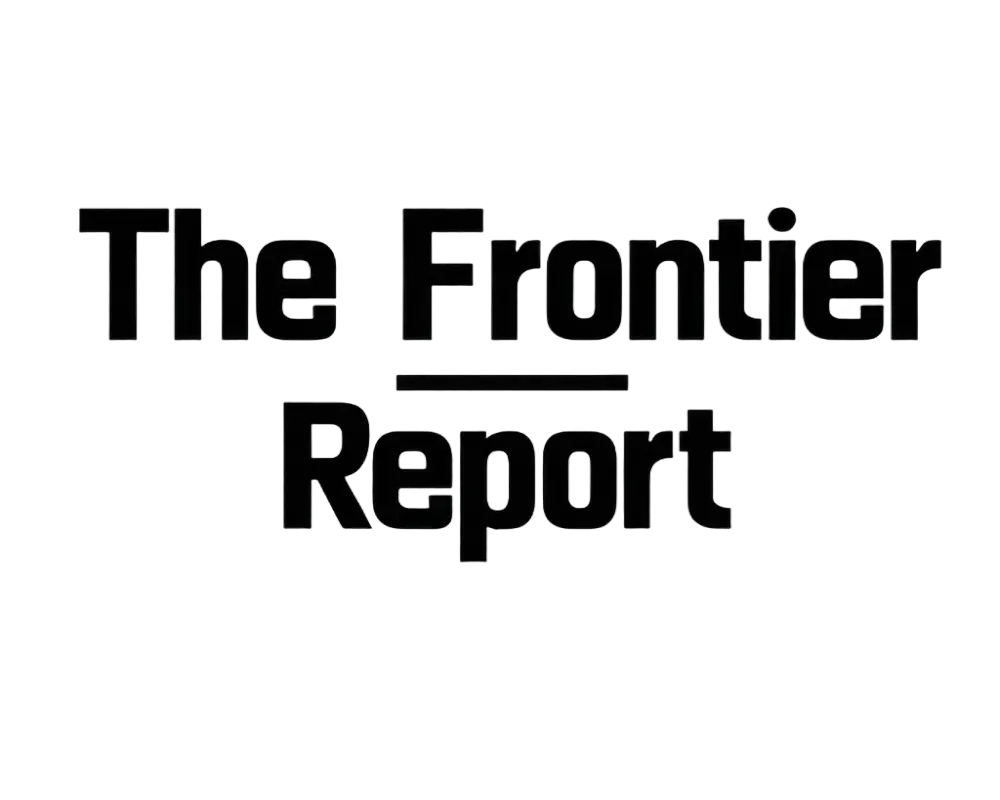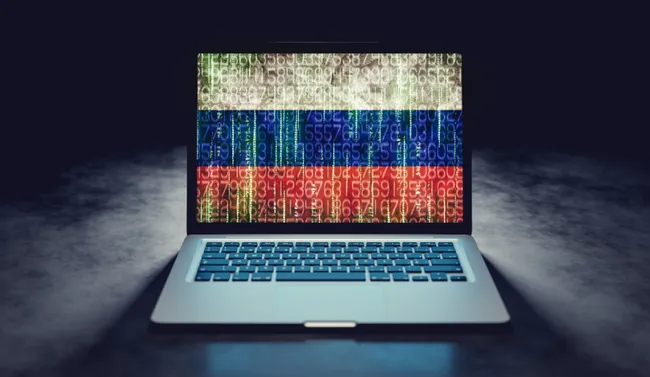Russia just passed a law that takes online control to a new level. Signed by President Putin, it makes it illegal to search for anything the government calls “extremist.” Not post it. Not share it. Just look it up. Even in private.
The punishment? A fine of up to 5,000 rubles—around $60. Not huge, but it sends a message: curiosity itself is now a crime. All it takes is typing the wrong thing into a search bar, and you could land on the government’s radar.
What Counts as Extremist? Anything They Want

The list of banned content is massive—and vague. It includes opposition groups, protest music, books, memes, LGBTQ+ content, and anything critical of the war in Ukraine. Even quoting certain articles could be seen as crossing the line.
The problem is, you might not even know what’s banned. And that’s the point. Keeping people guessing makes them stay quiet..
“Intent” Doesn’t Matter
Officials say the law targets only people who are “deliberately” searching for extremist material. But who decides that? If you read the wrong article or click a bad link, will they believe you did it by accident? Or will they assume the worst?
That gray area is dangerous. It gives police and prosecutors a lot of room to make their own calls—and no one’s going to argue with them.
VPNs Are in the Crosshairs Too
Many Russians use VPNs to reach blocked sites, social media, or international news. The new law goes after that, too. If you use a VPN to get to banned content, it’s now a punishable act. And anyone promoting or advertising VPNs can face heavy fines.
Basically, they’re not just banning the content. They’re banning the tools people use to find it.
Not Just About Control—About Fear
Since the war started, Russia’s been choking off access to information. Independent media is gone. Journalists are in jail. Social media is censored or blocked. Now, even searching for facts can get you punished.
This law flips the script. It’s not just about stopping people from spreading information. It’s about stopping them from even wanting to know more.
The Cost: Privacy and Free Thought
To catch people breaking this law, the government will need to track searches, dig into browsing histories, and maybe even crack into private apps. It opens the door to deeper surveillance. And it won’t stop with extremists. It never does.
They’re not just looking at what you say. They’re watching what you think.
Confused and Careful
Ordinary Russians now have to guess what’s safe to click. The banned list changes all the time, and it’s not easy to find. Most people will just avoid anything political—just to be safe.
And that’s exactly what the government wants.
One More Wall Going Up
This law isn’t really about protecting anyone. It’s about control. About keeping people from asking questions. About shrinking what’s possible to know.
Bit by bit, the space to think freely is closing. Not with a bang—but with quiet fear, and a locked-down internet.









